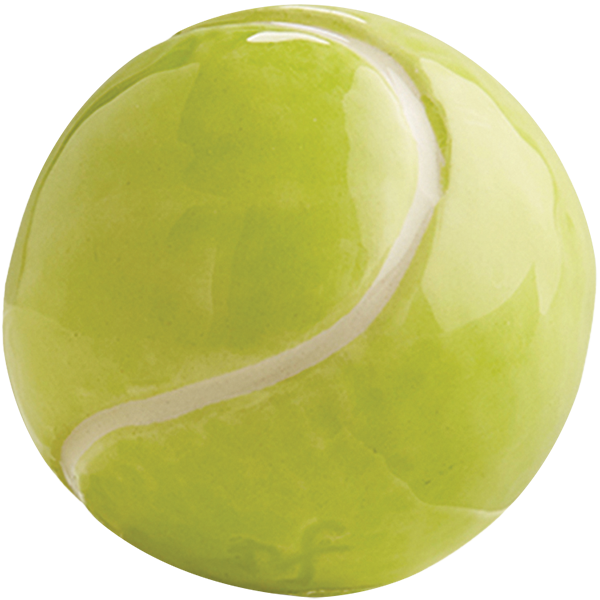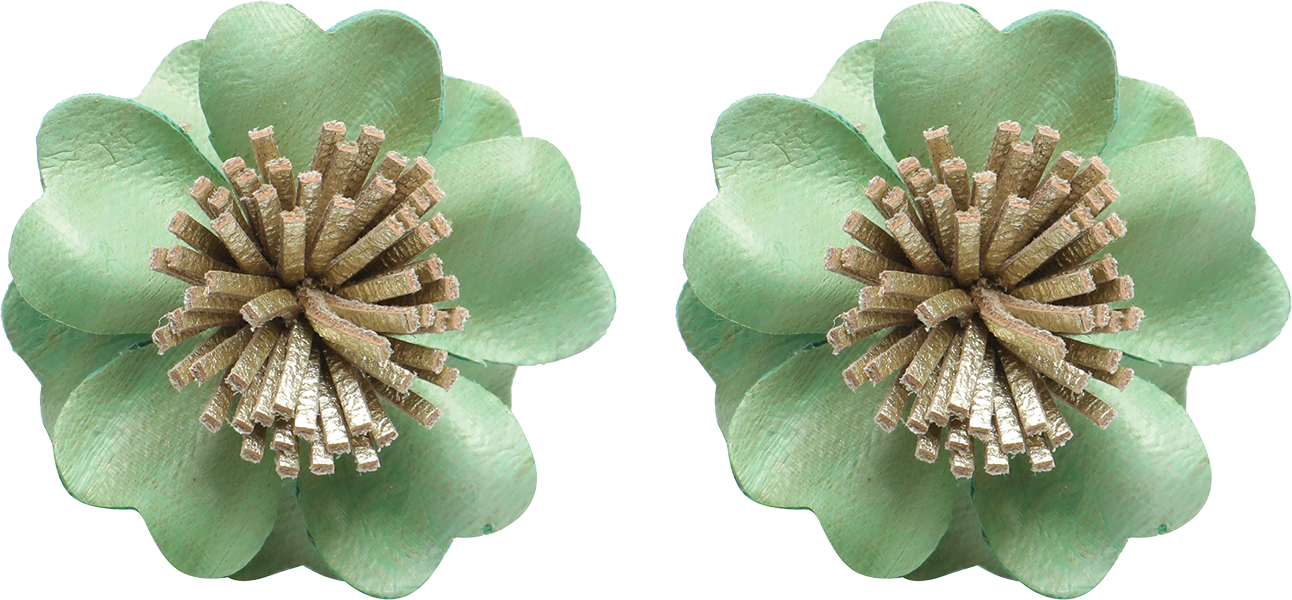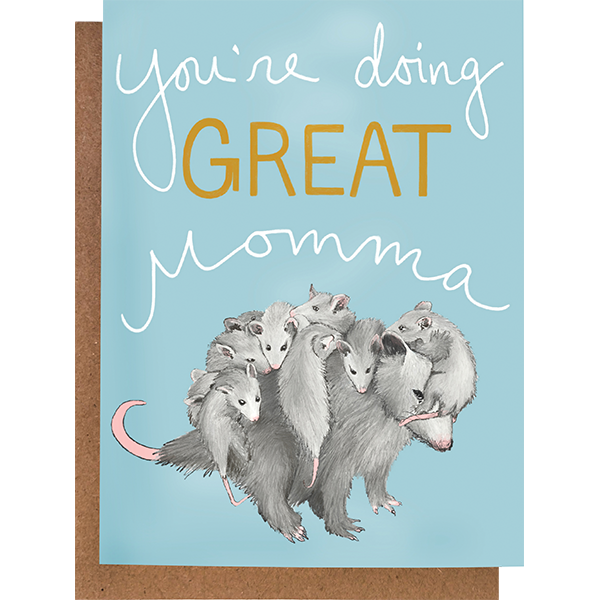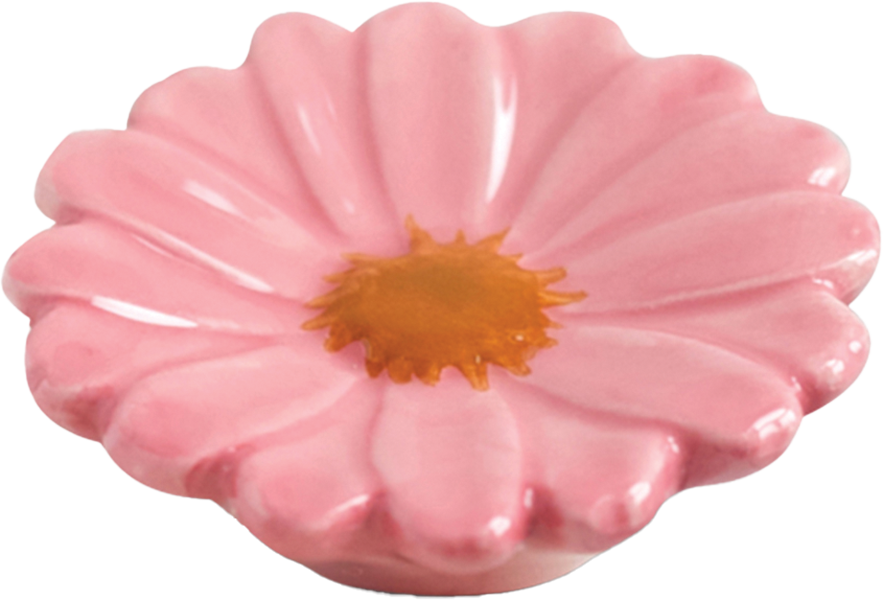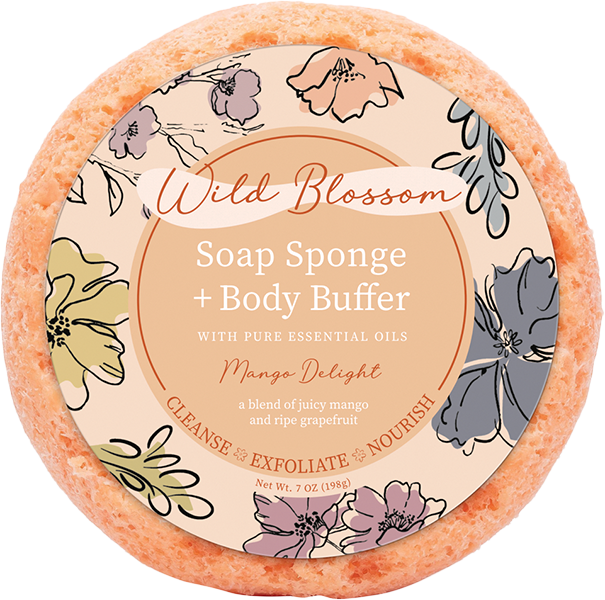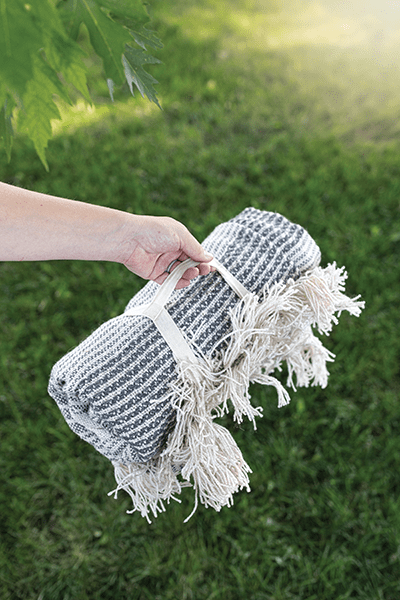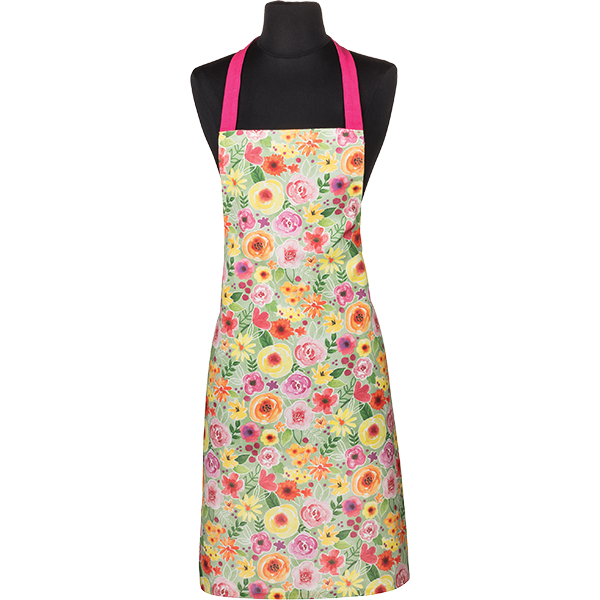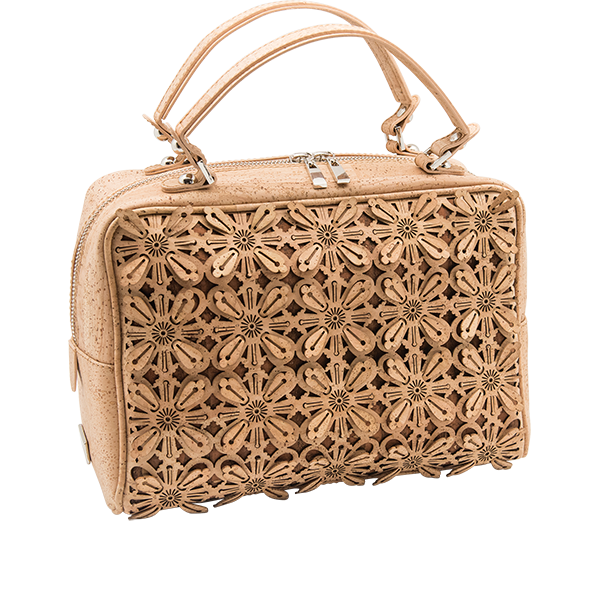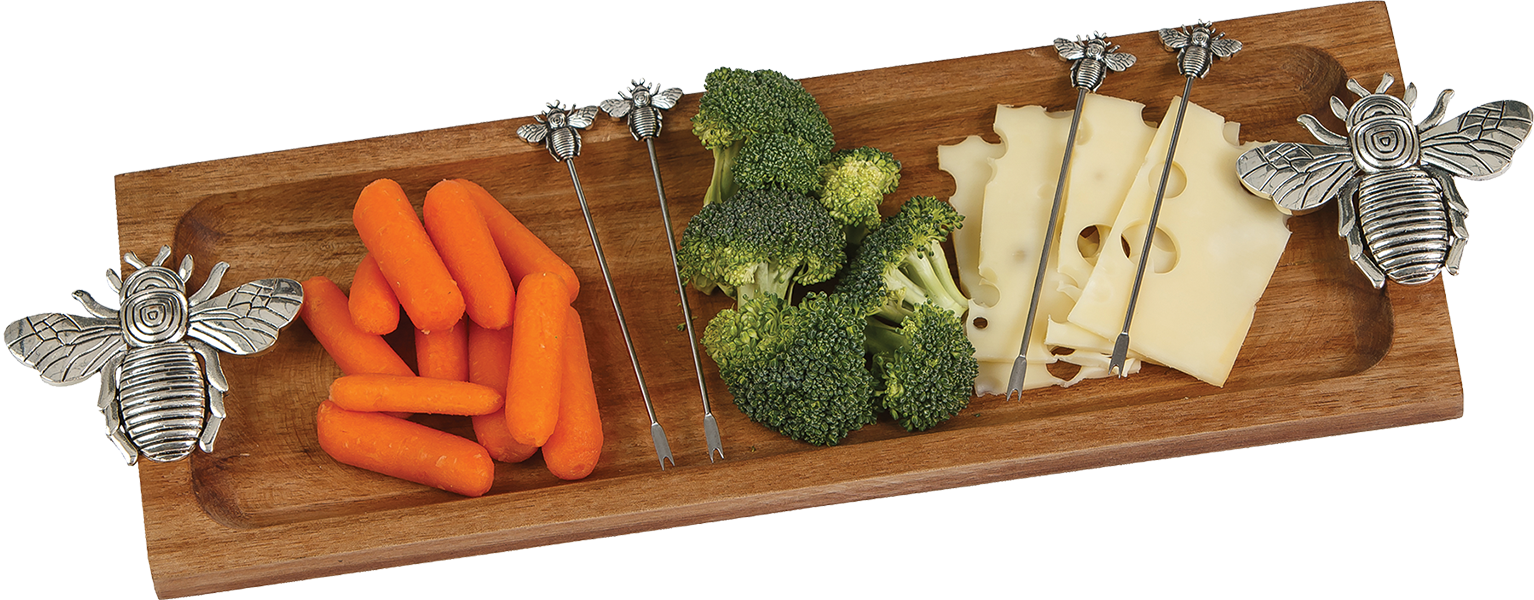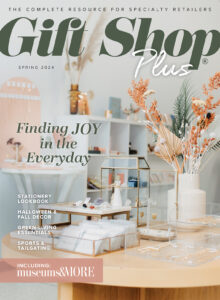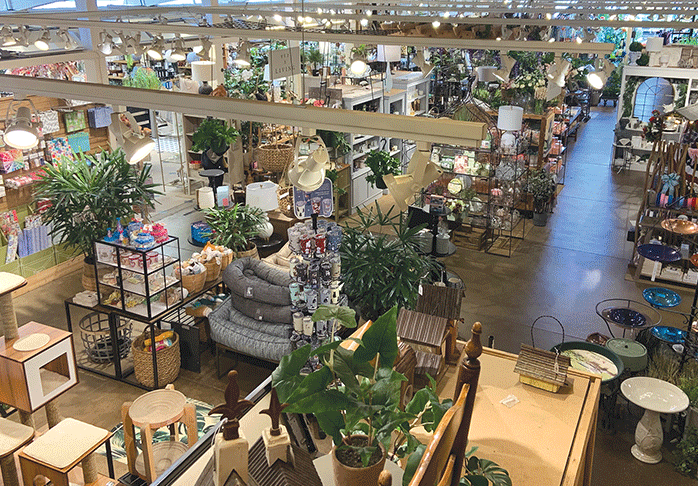
Chalet creates a retail oasis for home, garden shoppers
To say Chalet — a third-generation family business serving Chicago’s North Shore — has evolved since its inception more than a century ago is an understatement.
What started as a landscaping business in 1917 is now a one-stop shop for bringing beauty to the home, both inside and out.
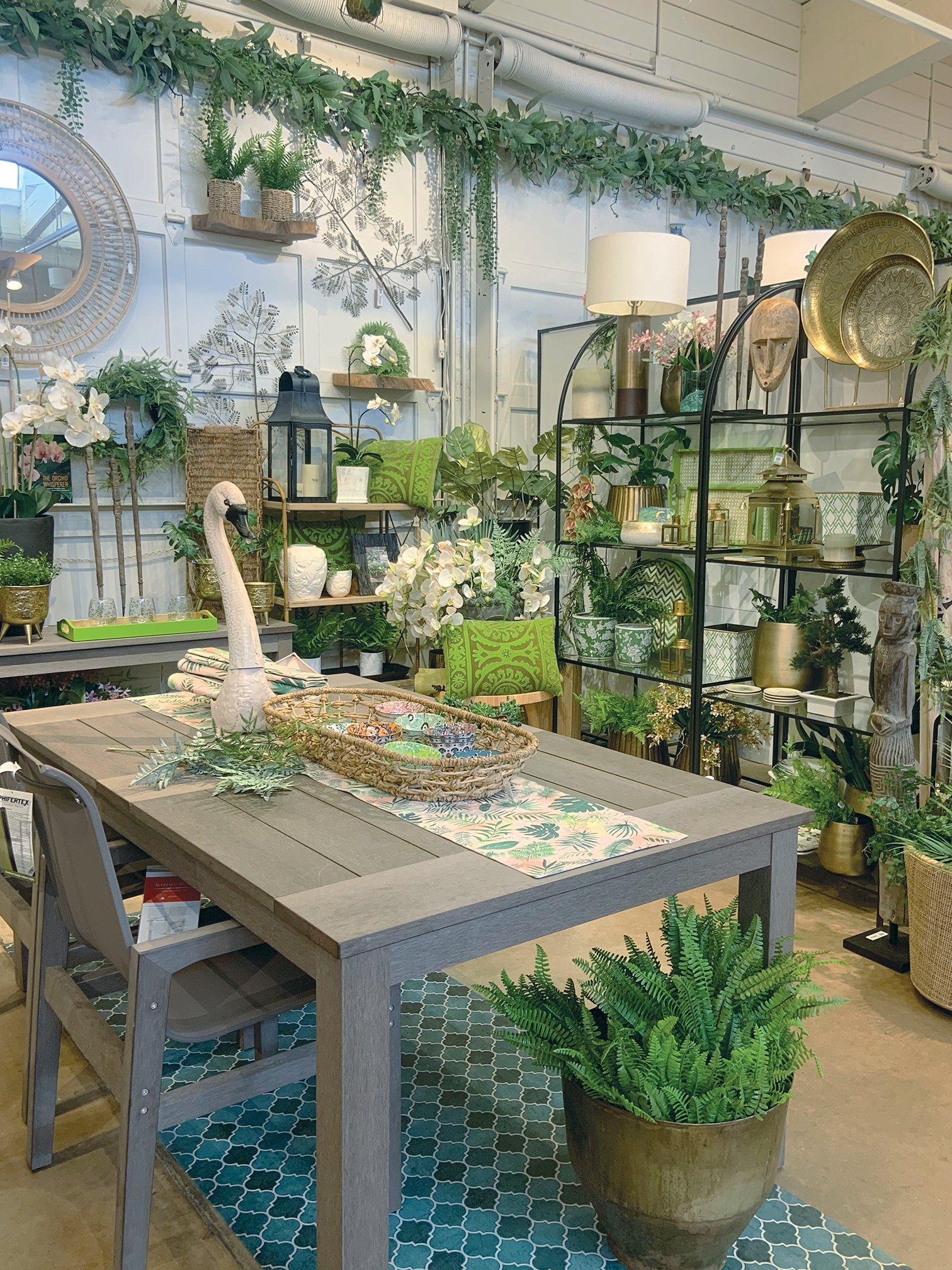
The 20,000-square-foot indoor store and 2-acre outdoor sales area make Chalet a destination gift shop and garden center. Customers are greeted by stunning displays of fresh products that immediately entice them to shop.
This is largely the work of Chalet’s visual merchandising and buying manager, John Hoerst, and his team. Hoerst has been with the company for 23 years, pioneering a large expansion of gifts, home accessories and holiday.
“Especially in the last 15 to 20 years, we’ve added a lot of categories,” Hoerst said. “People really started coming here as a destination for gifts and home décor.”
CRAFTING PREMIUM DISPLAYS
Customers will never shop the same store twice while visiting Chalet. A seasonal theme, which normally changes five times a year, first comes to life in the front window display, while some high-traffic areas throughout the store turn over daily.
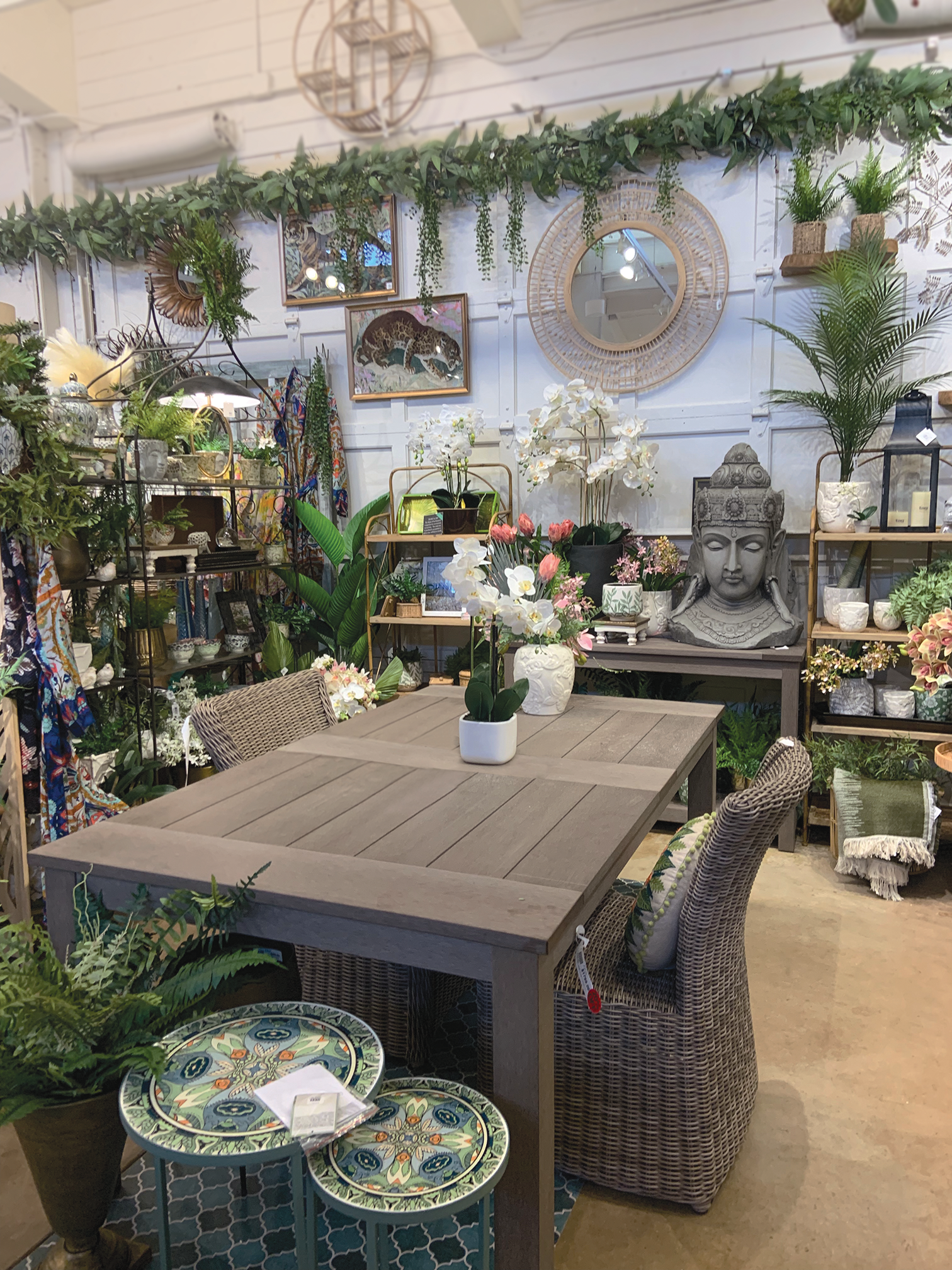 “We have hotspots in the store and in the gardens, high-turn areas, that people are going to see if they’re frequent visitors,” Hoerst said. “We need to change them as frequently as possible.”
“We have hotspots in the store and in the gardens, high-turn areas, that people are going to see if they’re frequent visitors,” Hoerst said. “We need to change them as frequently as possible.”
Hoerst plans out what each section of the store is going to look like, crafting storyboards with the colors, products and overall feel of each vignette. The boards have theme names — some in the past include Tropical Zen, Rustic Reinvented, and Bloom and Blossom.
“We strive to make the displays and the store fixtures as inviting and easy to shop as possible. The goal is to make it intuitive for the customer,” Hoerst said. “What is a customer thinking or what are they buying, and what other products need to go with those items to finish their whole project or plan?”
This cross-merchandising, along with noted staff recommendations, helps promote silent selling. For example, Hoerst said charcuterie is popular right now, so they have boards alongside crackers, books and utensils. Outside in the garden, rhododendrons are paired with the needed top dressing and amendments, and at Christmas, evergreen wreaths are displayed alongside wreath hangers and bows.
“People don’t have to think about it; they just start grabbing and filling their baskets or carts,” Hoerst said.
IDENTIFYING EMERGING CATEGORIES
Keeping a finger on the pulse is critical to retail success.
“We’re pretty much at a point where if we bring in something new, something has to go,” Hoerst said. “As we look at products or categories, we ask, ‘Where’s our opportunity? This isn’t doing well. What do we think can?’”
For Chalet, several trending categories emerged during the pandemic that have stuck throughout the past three years.
Children’s activities (beyond children’s gifts and gardening), apparel (including garden apparel such as overalls), outdoor entertaining (yard décor, serving pieces, games and firepits) and gourmet foods (unusual items people are less likely to see at the grocery store) are all hot, according to Hoerst.
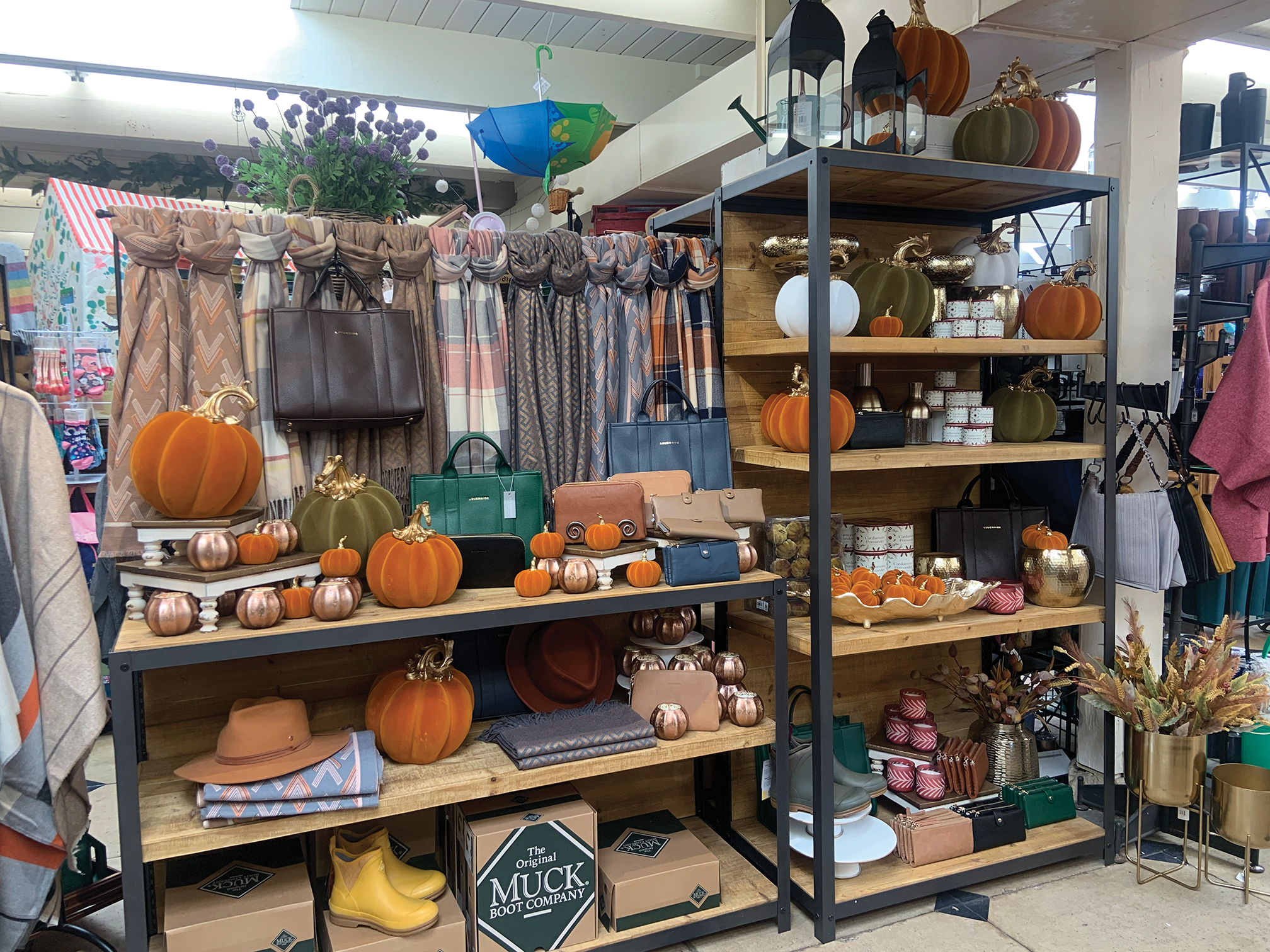
THE ART OF BUYING
Hoerst’s buying team shops the markets, specifically Atlanta and Dallas twice a year, along with vendor and garden shows, distributor shows, digital websites, and vendor visits, to find a good product mix. Also, watching other retailers and social media lead to both product and display inspiration.
Hoerst has an extensive background in buying and merchandising — and hiring staff that excels on these teams. His following tips can help even the most seasoned team member:
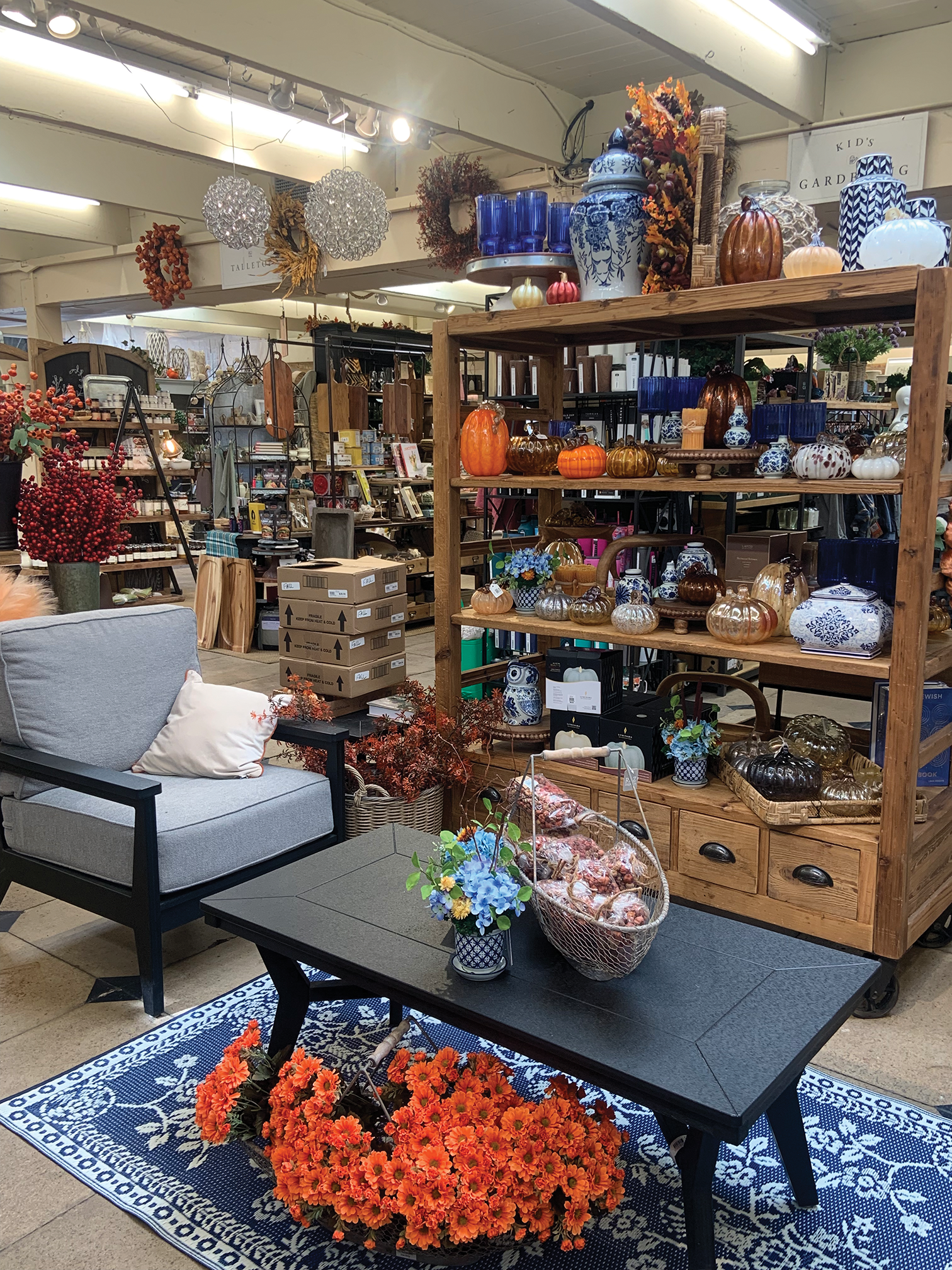 • “Do not buy for yourself. You have to know who your customer is. That’s pretty basic, but you need to think about it often and believe in what you buy.”
• “Do not buy for yourself. You have to know who your customer is. That’s pretty basic, but you need to think about it often and believe in what you buy.”
• “Don’t expect to just put [product] on a shelf and watch it walk out the door. Buy what you believe in, and then support it with displays or marketing or POP.”
• “Take a risk. If you don’t fail, you’re not a good buyer.”
• “Watch your product and move stale product. You can’t buy more if you still have that sitting on the shelf.”
• “[Stale product] doesn’t have to be a sale or a donation or a dump. Rework it, get creative with it, but make sure you watch it and move it.”













